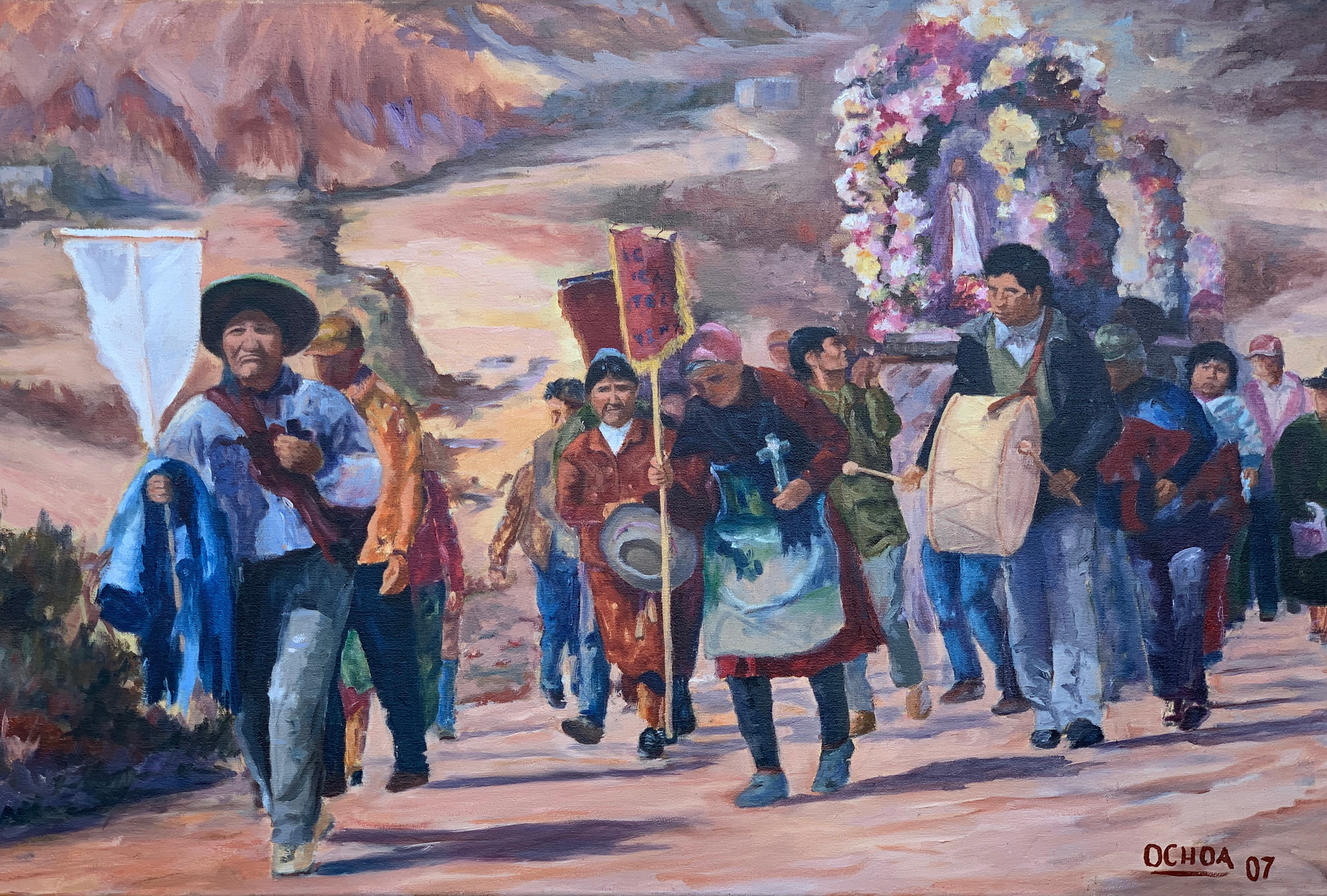Psychological effects during the COVID-19 outbreak in Argentina
DOI:
https://doi.org/10.31053/1853.0605.v77.n3.28561Keywords:
pandemic, COVID-19, anxiety, depression, quarantineAbstract
After the World Health Organization (WHO) declared the COVID-19 outbreak, global measures were implemented with the aim of containing its progression. On March 20, 2020, the mandatory preventive quarantine began in Argentina. As a result of these events, previous studies conducted in the framework of this pandemic in China, have shown psychological consequences. The aim of this study is to explore, through a self-administered electronic survey, attitudes and fears regarding COVID-19, the development of depressive symptoms and the pattern of alcohol consumption among the argentinian population during quarantine (n = 759). As a result, we observed that fear of COVID-19 was greater in 55 to 59 years old people, with an abrupt drop above 70; that depressed mood and the increased of alcohol consumption were more frequent in youngest subjects, and that depressed mood was also frequent among subjects who lost their jobs during quarantine. Finally, we observed an elevated degree of agreement with the quarantine measure, even in some people who suffered a decrease in their income greater than 80% during quarantine. These results are useful for obtaining information about risk groups, enabling specific preventive and therapeutic strategies could be designed.
Downloads
References
1. Organization WH. Alocución de apertura del Director General de la OMS en la rueda de prensa sobre la COVID-19 celebrada el 11 de marzo de 2020 [Internet]. 2020.
2. Gao J, Zheng P, Jia Y, Chen H, Mao Y, Chen S, et al. Mental health problems and social media exposure during COVID-19 outbreak. PloS one. 2020;15(4):e0231924.
3. Ćosić K, Popović S, Šarlija M, Kesedžić I. Impact of human disasters and COVID-19 pandemic on mental health: potential of digital psychiatry. Psychiatria Danubina. 2020;32(1):25-31.
4. Pappas G, Kiriaze IJ, Giannakis P, Falagas ME. Psychosocial consequences of infectious diseases. Clin Microbiol Infect. 2009;15(8):743-7.
5. Brooks SK, Webster RK, Smith LE, Woodland L, Wessely S, Greenberg N, et al. The psychological impact of quarantine and how to reduce it: rapid review of the evidence. The Lancet. 2020.
6. Hamza Shuja K, Aqeel M, Jaffar A, Ahmed A. COVID-19 Pandemic and Impending Global Mental Health Implications. Psychiatria Danubina. 2020;32(1):32-5.
7. Ahorsu DK, Lin CY, Imani V, Saffari M, Griffiths MD, Pakpour AH. The Fear of COVID-19 Scale: Development and Initial Validation. Int J Ment Health Addict. 2020:1-9.
8. Soraci P, Ferrari A, Abbiati FA, Del Fante E, De Pace R, Urso A, et al. Validation and Psychometric Evaluation of the Italian Version of the Fear of COVID-19 Scale. Int J Ment Health Addict. 2020:1-10.
9. Qiu J, Shen B, Zhao M, Wang Z, Xie B, Xu Y. A nationwide survey of psychological distress among Chinese people in the COVID-19 epidemic: implications and policy recommendations. General psychiatry. 2020;33(2).
10. Arenas MC, Puigcerver A. Diferencias entre hombres y mujeres en los trastornos de ansiedad: una aproximación psicobiológica. Escritos de Psicología (internet). 2009;3(1):20-9.
11. Sareen J, Erickson J, Medved MI, Asmundson GJ, Enns MW, Stein M, et al. Risk factors for post-injury mental health problems. Depress Anxiety. 2013;30(4):321-7.
12. Carbó GFC, Orellán RG. Burden and gender inequalities around informal care. Investigación y educación en enfermería. 2020;38(1):7.
13. Wenham C, Smith J, Morgan R, Gender, Group C-W. COVID-19: the gendered impacts of the outbreak. Lancet. 2020;395(10227):846-8.
14. Huang Y, Zhao N. Generalized anxiety disorder, depressive symptoms and sleep quality during COVID-19 outbreak in China: a web-based cross-sectional survey. Psychiatry Res. 2020;288:112954.
Downloads
Published
Issue
Section
License
Copyright (c) 2020 Universidad Nacional de Córdoba

This work is licensed under a Creative Commons Attribution-NonCommercial 4.0 International License.
The generation of derivative works is allowed as long as it is not done for commercial purposes. The original work may not be used for commercial purposes.
















